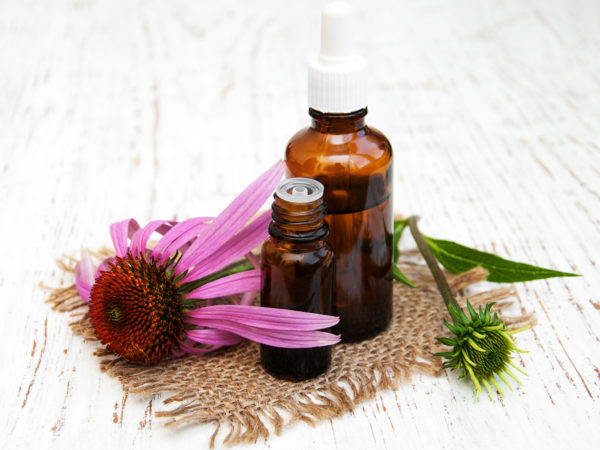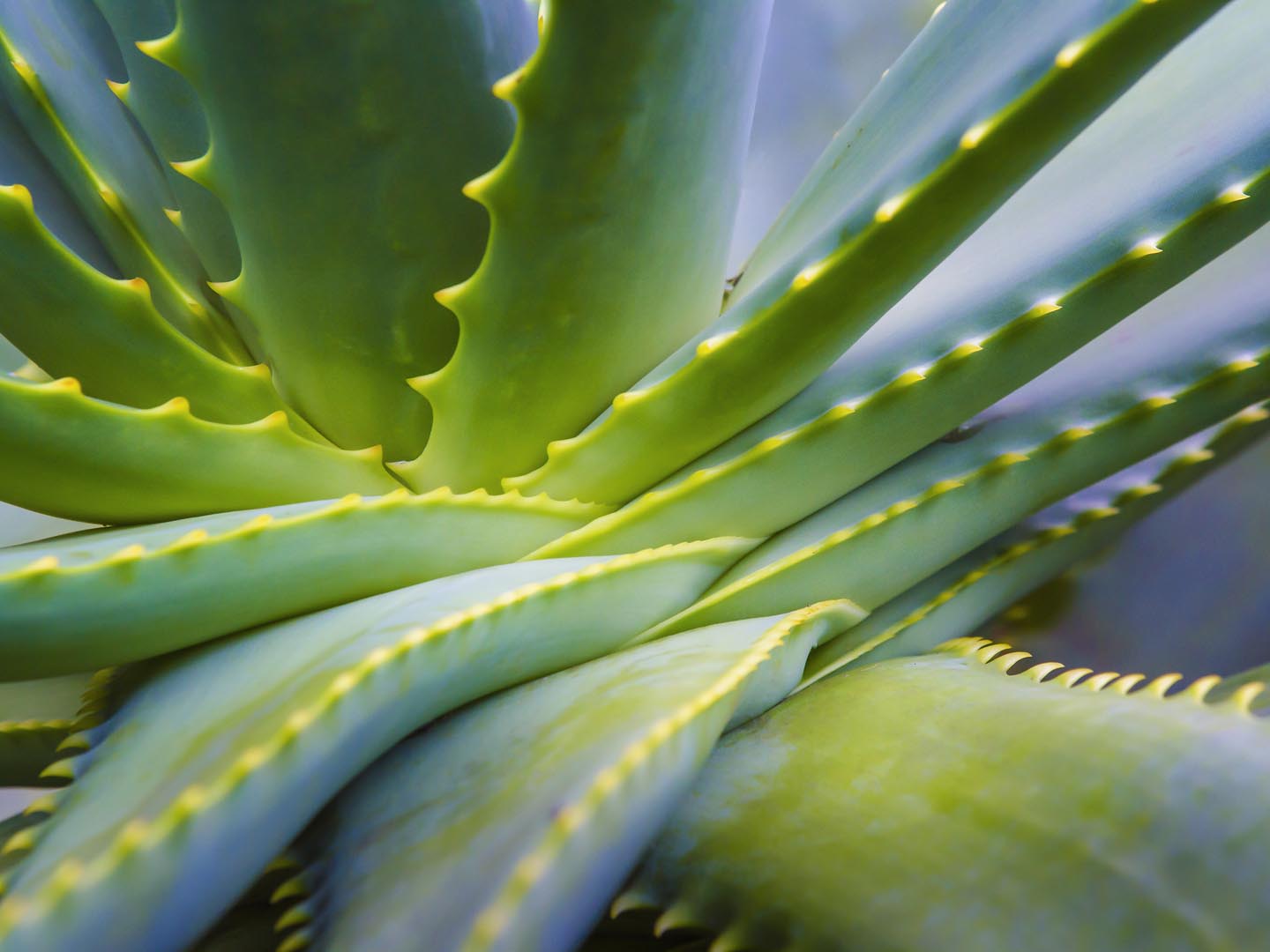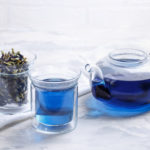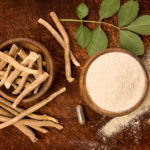What's With Echinacea?
I am so confused about echinacea. I know you recommend it for colds, but in the past I’ve read that it really doesn’t help. Now, a new study says it does work. What do you make of the contradictory findings?
Andrew Weil, M.D. | August 7, 2007

Echinacea is a traditional herbal remedy prepared from the root and leaves of the purple coneflower, Echinacea purpurea and related species. It stimulates the immune system and is used traditionally to prevent and treat common colds and other minor infections.
The latest word on echinacea, from a review of 14 earlier studies, concluded that the herbal remedy reduces the risk of catching a cold by 58 percent and shortens the duration of colds by 1.4 days. Researchers at the University of Connecticut and Hartford Hospital found that adults who took echinacea contracted only one to two colds per year instead of the usual two to four. Among those who took echinacea after catching cold, symptoms lasted four to six days instead of the more common five to seven days. The investigators also reported, however, that echinacea was less effective against rhinoviruses (the most common type of cold virus) than it was against other cold viruses.
Most of the research on echinacea has been done in Germany and has confirmed the herb’s antiviral, antibacterial and immunity-enhancing properties. However, until the publication of the Connecticut study, much of the U.S. research yielded mixed results, especially on its use as a preventative measure. The last well-publicized study, from the University of Virginia School of Medicine, found that echinacea neither prevented colds nor decreased symptoms. Although this was a well-designed study, the doses used may have been too low to have a beneficial effect. Other problems with past research have been failure to control for the species of echinacea used (purpurea vs, angustifolia), the part(s) of the plant used (whole plant vs. root or leaves), the method of extraction, and the method of delivery (capsules, tinctures, extracts, etc.).
I doubt that either the Virginia or Connecticut findings will be the last word on the subject. We need more well designed studies testing different species of echinacea, different doses and different preparations to determine how effective this traditional remedy really is. In the meantime, echinacea is a worthwhile first-line of treatment for the common cold, sore throats, and episodes of low resistance. The recommended adult dose is two capsules of freeze-dried extract or one teaspoon of the tincture in a little warm water four times a day. Half this dose is enough when you’re taking echinacea to enhance immunity in the absence of infection.
Andrew Weil, M.D.









